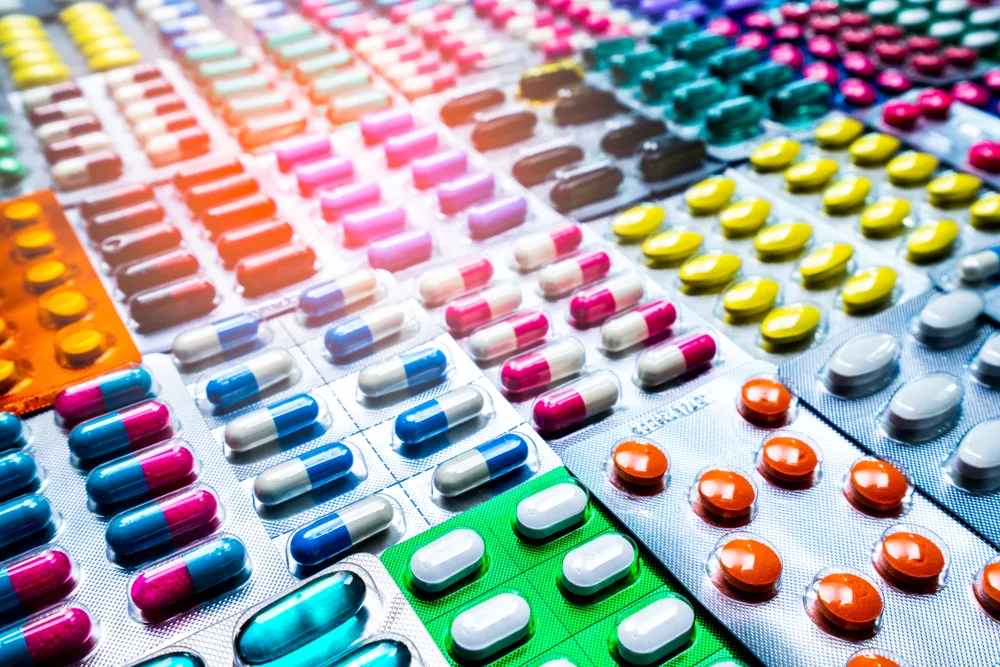Study the Effects of Drugs – 100% Online
Are you curious about how substances like prescription medication, caffeine, alcohol, and illicit drugs affect the brain and behaviour? Whether you’re aiming for a career in health, psychology, counselling, or community services, this flexible online course is a perfect way to build your knowledge of pharmacology and human behaviour.
People use drugs for many different reasons—some out of necessity, others for recreation. Sometimes, use leads to dependency or harmful side effects. In this course, you’ll explore how drugs interact with the nervous system and influence our actions, emotions, and decision-making.
What You’ll Learn
-
How both legal and illegal drugs affect behaviour and mental processes
-
The impact of painkillers, alcohol, and prescription medications
-
The differences between major classes of illicit drugs
-
What distinguishes drug use, abuse, and dependence
-
How to identify side effects and understand the broader consequences of drug use
Whether you’re just starting out or looking to expand your expertise, this online course offers a convenient and engaging way to learn at your own pace—wherever you are.
Enrol today and gain a deeper understanding of how drugs influence the brain, body, and behaviour—and how that knowledge can support your future career!
Course Aims:
- Understand the origins and changes in drug use in society;
- Identify patterns of drug-taking behaviour;
- Identify social, psychological and physical consequences of drug-taking on the individual;
- Understand the effects of stimulants and narcotics on the individual;
- Understand the effects of hallucinogens and marijuana on the individual;
- Understand the effects of anabolic steroids on the individual;
- Determine health and behavioural outcomes of alcohol use and mis-use;
- Determine health and behavioural outcomes of nicotine, caffeine and solvent use and misuse;
- Understand the effects of the major categories of OTC drugs and prescription regulations;
- Understand the effects of sedatives and anti-anxiety drugs on the brain and behaviour;
- Understand the effects of different types of anti-psychotic and anti-depressant drugs on the brain and behaviour;
- Describe different methods of treatment and prevention of drug-abuse and to discuss ways of educating the public as to the outcomes of taking drugs.
There are 11 lessons in this course:
There are 11 lessons in this course:
- Introduction
- Scope and nature of drugs; legal and illegal
- Amphetamine
- Cocaine
- Crack
- LSD
- Ritalin
- Steroids
- How heroin is used
- Medical consequences of chronic heroin abuse
- Names used for heroin
- Effects of drugs on the individual and society
- Community acceptance
- Terminology
- Why people use drugs
- Addiction; how drugs work in the brain
- Central nervous system
- Physiological and psychological effects of drugs
- Alcohol effects
- Sedative effects
- Stimulant effects
- Hallucinogens
- Psychological effects of drugs
- Legally restricted drugs: Stimulants and narcotics
- Stimulants
- Symptoms of abuse
- How cocaine is abused
- How does cocaine effect the brain
- What adverse effects does cocaine have on health
- Added danger; cocaethylene
- Treatment options
- Scope of cocaine abuse
- Narcotics
- Abuse symptoms
- Forms and dangers
- Designer drugs
- Ecstasy pill
- Legally restricted drugs: Hallucinogens and marijuana
- Effects of hallucinogens
- Symptoms of abuse
- LSD
- Hallucinogen persisting perception disorder
- Marijuana
- Effects of marijuana on the brain
- Symptoms of abuse, forms of marijuana and dangers
- Phencyclidine (PCP)
- Symptoms of abuse, forms of PCP and dangers
- Legally restricted drugs: Steroids
- Steroids
- Symptoms of abuse, forms of steroids and dangers
- Legal drugs: Alcohol
- Symptoms of abuse and dangers with alcohol
- Alcoholism
- Staying in control with alcohol
- Alcohol amnestic syndrome (Korsakoff’s syndrome)
- Treating korsakoff’s syndrome)
- Alcohol and the developing brain
- Legal drugs: Tobacco, caffeine and solvents
- Nicotine addiction
- Effects of nicotine on the circulatory system
- Caffeine
- Caffeine addiction
- Solvents (volatile solvent abuse): symptoms and dangers
- Prescription and over-the-counter drugs
- Prescription drugs (Over the counter or OTC)
- Groups of prescription drugs
- Misuse of OTC drugs
- Opioids
- Treatments for opioid addiction
- CNS depressants
- Stimulants
- Stimulant abuse and treatment for stimulant addiction
- Sedatives and anti-anxiety drugs
- Anti anxiety drugs
- Barbiturates
- Benzodiazepines
- Depressants
- Rohypnol
- Prescription drugs for schizophrenia and affective disorders
- Schizophrenia
- Onset of schizophrenia
- Symptoms of schizophrenia
- Treatment for schizophrenia
- Anti psychotic drugs
- Patient support system
- Depression
- Depressive disorders
- Type of depression
- Unipolar disorder
- Bipolar disorder
- Causes of depression
- Anti depressants
- Treatment and preventative education
- Drug addiction
- Behavioural and psychosocial treatments for drug addiction
- Treatments for heroin addiction
- Behavioural therapies for heroin addiction
- Detoxification
Each lesson culminates in an assignment which is submitted to the school, marked by the school’s tutors and returned to you with any relevant suggestions, comments, and if necessary, extra reading.

